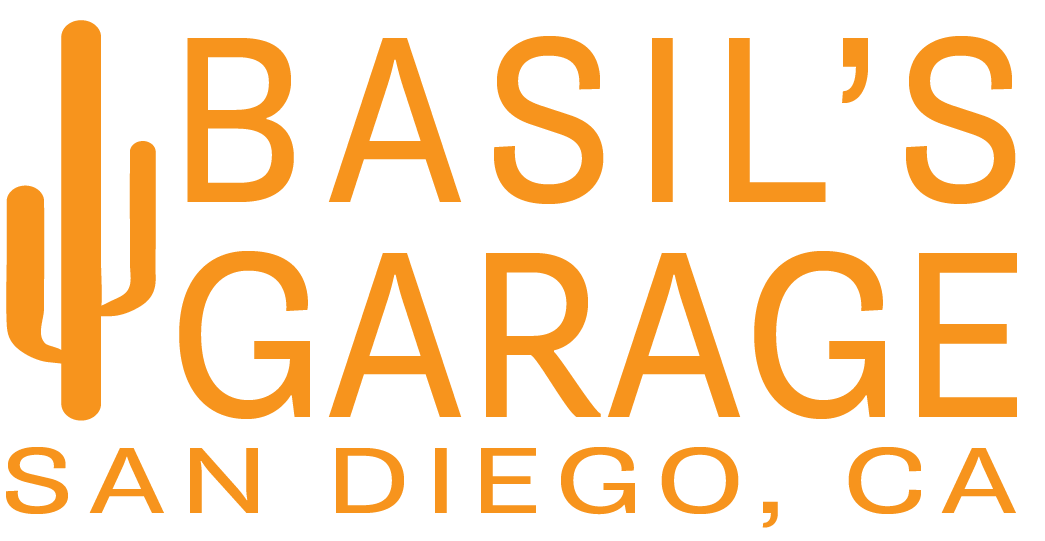Powering M&E innovation in leisure centres.
When we do use them, it’s important to make sure they’re energy efficient — they need to be properly designed, set up and commissioned.. Construction technology: data and computer modelling.
Professor John Dyson spent more than 25 years at GlaxoSmithKline, eventually ending his career as VP, Head of Capital Strategy and Design, where he focussed on developing a long-term strategic approach to asset management..While there, he engaged Bryden Wood and together they developed the Front End Factory, a collaborative endeavour to explore how to turn purpose and strategy into the right projects – which paved the way for Design to Value.

He is committed to the betterment of lives through individual and collective endeavours.. As well as his business and pharmaceutical experience, Dyson is Professor of Human Enterprise at the University of Birmingham, focussing on project management, business strategy and collaboration.. Additionally, he is a qualified counsellor with a private practice and looks to bring the understanding of human behaviour into business and projects.. To learn more about our Design to Value philosophy, read Design to Value: The architecture of holistic design and creative technology by Professor John Dyson, Mark Bryden, Jaimie Johnston MBE and Martin Wood.Available to purchase at.'Transforming Small Molecule API Manufacturing' explores the innovative strides being made towards more efficient, sustainable, and cost-effective drug production.. Adrian La Porta.shares his insights on the pivotal role of miniaturisation and automation in shaping the future of Active Pharmaceutical Ingredients (APIs) production, highlighting the potential for significant industry transformation.. Watch now for a unique perspective on how modern advancements are paving the way for a new era in pharmaceuticals, not only redefining manufacturing processes but also promising a healthier future for all.Presented by our Head of Sustainability, Helen Hough, this video takes you on a journey through the development of The Forge, a landmark London project that represents a significant leap in sustainable construction..

Discover the pioneering use of a platforms approach to Design for Manufacture and Assembly (P-DfMA) and how it contributed to a remarkable reduction in whole-life carbon emissions..Through Helen's expert insights, learn about the collaborative efforts and innovative strategies that make The Forge a model for future construction projects aiming for environmental excellence.Through this 'In Short' episode,.

delves into the challenges and breakthroughs in pharmaceutical manufacturing, exploring how new approaches like process intensification, automation, and continuous processing can lead to more agile, cost-effective, and environmentally friendly production methods.. Click the 'play button' above to listen in, or read our 5 Key Takeaways from this episode below.... 1.
Revolution in small molecule API production:.In actuality, her volumetric modular company had built hundreds of schools for New York City.
It was a case of lots of buildings and big applications.She says these are the industrialised construction projects we need to be talking about - the ones that everyone needs to do.. Kit-of-parts architecture and the benefits of standardisation.
Jaimie Johnston MBE, Head of Global Systems at Bryden Wood and Design Lead for the Construction Innovation Hub, is equally enthusiastic about the changes taking place within the industry.and the shift toward industrialised construction.
